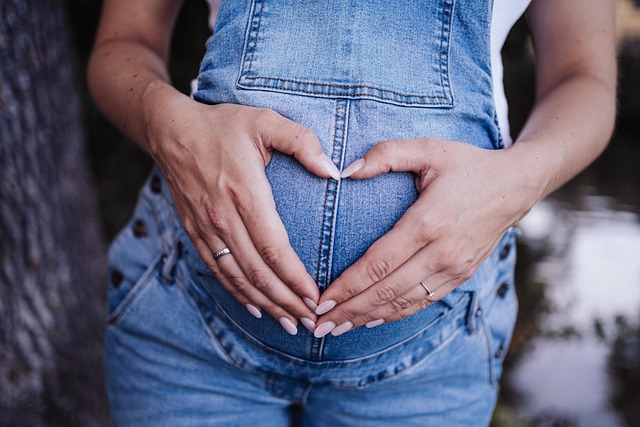March is recognized as Endometriosis Awareness Month, a time dedicated to shedding light on the condition and its impact on women’s health, particularly regarding conception. Meet 34-year-old Sophie Reynolds, who has been on her journey to conceive for three years. “It’s been incredibly challenging,” she shares. “I often feel isolated and struggle with self-doubt and fear.”
Sophie was diagnosed with endometriosis, a condition described by the NHS as occurring when tissue similar to the lining of the uterus grows in other locations, such as the ovaries and fallopian tubes. She is currently awaiting a diagnostic laparoscopy, a procedure performed under general anesthesia to assess her internal tissue and confirm the diagnosis. Unfortunately, the wait for this procedure is 80 weeks long.
Sophie is uncertain how her endometriosis has affected her fertility journey. “I really don’t know much about the severity of my condition,” she admits. Although she didn’t know about endometriosis when she began trying to conceive, she suspects it has played a role in her challenges. While waiting for her laparoscopy, she has been advised to pursue fertility testing to explore potential options.
As we dive into this topic, it’s essential to recognize that endometriosis can influence the path to conception. With so much conflicting information available, we aimed to clarify the possible connections between endometriosis and fertility. We consulted experts to address various questions regarding this subject. Remember, every individual’s experience with endometriosis and fertility is unique, and it’s crucial to consult your healthcare provider for personalized advice.
If I Have Endometriosis and Am Trying to Conceive, What Should I Know First?
Having endometriosis does not automatically mean you will struggle to conceive. Take 45-year-old Lisa Martin, who faced Stage IV endometriosis and underwent numerous surgeries after a misdiagnosis lasting two decades. Despite doctors telling her she would never conceive naturally, she defied the odds and became pregnant six years ago.
Similarly, 27-year-old Emma Wright did not have any surgeries related to her endometriosis diagnosis but sought consultations with a specialist. After years of trying to conceive and undergoing fertility tests that returned clear results, she concluded that her endometriosis was the only explanation for her delays. Last summer, Emma and her partner received IVF approval from the NHS, but they were thrilled to learn they were expecting naturally just a week later.
Dr. Maya Thompson, Co-Chief Medical Officer at OVUM, emphasizes that endometriosis does not equate to infertility. “It’s a common condition affecting around 1 in 10 women of reproductive age. While it does not automatically cause infertility, there may be associations with fertility issues. However, it’s believed that 60-70% of individuals with endometriosis can conceive naturally,” she explains.
If you have concerns about your fertility, seeking advice early can help optimize your chances, so don’t hesitate to speak to a healthcare professional.
How Does Ovulation Affect Preconception and Conception?
While it may not be a question you immediately think of, understanding ovulation is crucial when considering conception. Ovulation plays a significant role in your ability to become pregnant, and knowing this can empower your journey.
For more information on home insemination methods, check out this post on baby deals still available after prime day. Additionally, for top-notch resources on artificial insemination, visit Make A Mom, who specialize in home insemination kits. You can also find valuable insights on infertility at Women’s Health, which is an excellent resource for pregnancy and home insemination.
Summary
In summary, endometriosis can influence conception, but it does not necessarily mean infertility is inevitable. Every journey is unique, and seeking professional advice is essential. As we raise awareness this month, let’s continue to support one another through these challenges.

